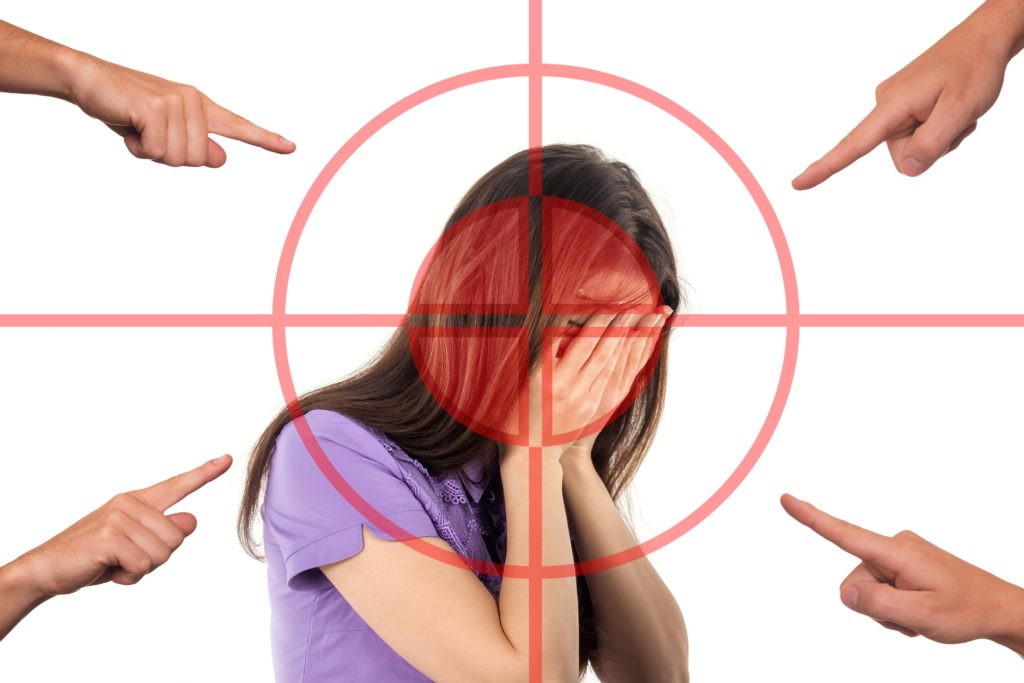Growing up is far from easy, so it is no surprise that many teens face numerous challenges in their transition from childhood to adulthood. As such, teachers, parents, and other adults are encouraged to be supportive and set fair limits when dealing with teens. Identifying the unique types of issues modern teenagers face is crucial so you can assist them effectively. Below are some of the most common issues your teen may struggle with in today’s world.
1. Academic pressure and problems

The pressure to excel academically takes a huge toll on numerous teens. In recent surveys, more than 75% of teenagers say that school is a major source of stress. Academic pressure can come from the numerous standardized tests, comments from counselors and teachers, parents, the desire to enter a great college, and the general competitive nature of academic work. Regardless of the source of pressure, teenagers are worried about their performance a lot, and this chronic stress can negatively affect their physical and mental health.
If left unchecked, your teen may join the 5% of students who drop out of high schools in America every year. High school dropouts will likely earn less over their lifetime than graduates, so dropping out will significantly affect your teen’s future. The worrying reality is that “troubled teens” are no longer the only ones dropping out of school. Some teenagers may simply burn themselves out before graduating from high school due to the immense pressure to get into an excellent college or be accepted for an m7 mba. Therefore, remain involved in your teenager’s education and offer the right support and guidance to assist them when they encounter school problems.
2. Peer pressure
Peer pressure isn’t a new problem, but many experts agree that social media has elevated it to a new level. For instance, sexting is a big cause for concern because many teenagers don’t fully comprehend the potential consequences that sharing lewd photographs can have on their lives. However, sharing inappropriate pictures isn’t the only thing children are being pressured into doing. Peers can make kids drink, fight, skip school, and bully others. Peer influence is one of the major things that can lead your child to be expelled from school since they may be caught up in drug and alcohol use, fighting, and aggressive and inappropriate behavior.
Your teen may be more vulnerable to peer pressure if family relationships grow colder. Therefore, prioritize getting closer to your teenager to make them trust you more. This way, they will likely open up to you about their habits, routines, and relationships with their peers, so you can readily identify any causes for concern. In addition, teach your teens to say no, or they will struggle to do so with their peers. You can explain to them that there is no guilt in refusing to do things that might hurt them or someone else, even if it comes at the cost of losing friends. Also, it is critical to note that not every peer influence is negative. Your teens can be positively influenced by their peers to do great, pick up healthy habits, make better choices, and so on. Consequently, teach your teen to make good friends who will positively influence their behaviors and choices.
3. Bullying
The National Center for Education Statistics revealed that about 20% of teens in America experienced bullying in 2017. This bullying can take many forms, with physical bullying being perhaps the most popular type parents are conversant with. However, your child may also suffer verbal bullying through hurtful words, statements, and name-calling. Verbal bullying is difficult to identify because it almost always happens when no adults are around. As such, it is always one person’s word against another’s. Relational aggression is also a unique form of bullying to know about. It is sometimes called emotional or social bullying, and parents and teachers typically don’t notice it. Relational aggressions happen when teens try to sabotage their peers’ social standings by spreading rumors, manipulating situations, and breaking confidences. Sexual bullying may also occur through vulgar gestures, crude comments, uninvited touching, and slut-shaming.

Your teen may also be a victim of the most popular type of bullying right now: cyberbullying. It occurs when teens use smartphones, the internet, and other technology to target, embarrass, threaten, or harass their peers. All these types of bullying are detrimental to your teen’s mental, emotional, social, and physical wellbeing. As such, it is vital to regularly discuss bullying with them. You can talk about steps they can take when they witness bullying or become a target. Also, talk to your child about how and when to get help from adults. Teens are often reluctant to share their bullying ordeals because they feel humiliated. Therefore, it is vital to reassure them that asking for help from adults is a show of courage instead of a sign of weakness. Proactivity is always key to helping children deal with bullies, so worth having to make your child less susceptible to bullying and its effects.
4. Exposure to on-screen violence
Your teenager is undoubtedly going to encounter violent media at some point. It isn’t just music, TV, and films that depict violence; many of today’s video games contain gory scenes and other acts of aggression that your video game-loving teen will likely encounter. Many studies have established that watching violence can lead to reduced empathy and aggressive behavior. Therefore, strictly monitor your teenager’s media consumption, and don’t allow them to play M-rated video games or watch R-rated films. Additionally, discuss the dangers of exposure to violent images with your teen and monitor their mental state. It is also vital to discuss racial stereotypes and sexual situations they might see. This way, they can differentiate between good and bad in the various media they encounter, helping them become healthier consumers.
5. Body image issues
Your teen’s body undergoes several changes during the transition from childhood to adulthood. Therefore, it isn’t uncommon for teens to struggle to come to terms with their bodies and become comfortable in their skins as their bodies morph into new sizes and shapes. The obesity prevalence in American children and adolescents is about 20%, so there is a high likelihood that your child may gain extra pounds. As such, they may become targets of teasing and other types of bullying. However, bullies are attracted to weight, so your teenager may still be targeted if they are skinny or have a healthy weight. This constant targeting can make teams dissatisfied with their looks, resulting in a body image problem. Negative body image can cause low-self esteem and may lead to other problems like eating disorders, depression, and even self-harming behaviors. Consequently, a negative body image can lead to low self-esteem, which in turn leads to other problems. In fact, many people with negative body images struggle with eating disorders and depression and may even engage in self-harming behaviors.
Many experts recommend helping your teens build acceptance for who they are instead of insisting on them gaining or losing weight. Teens need to be happy with their identity to successfully recover from negative body image, and weight gain or loss is secondary. Then, you can deal with behind-the-scenes bullying from friends and even family members to make them emotionally safer. After this, promote healthy eating and encourage them to engage in activities that will boost overall fitness and self-confidence. It is vital to congratulate them on their success in these areas instead of on their weight loss, to show them that their worth does not depend on appearance.
